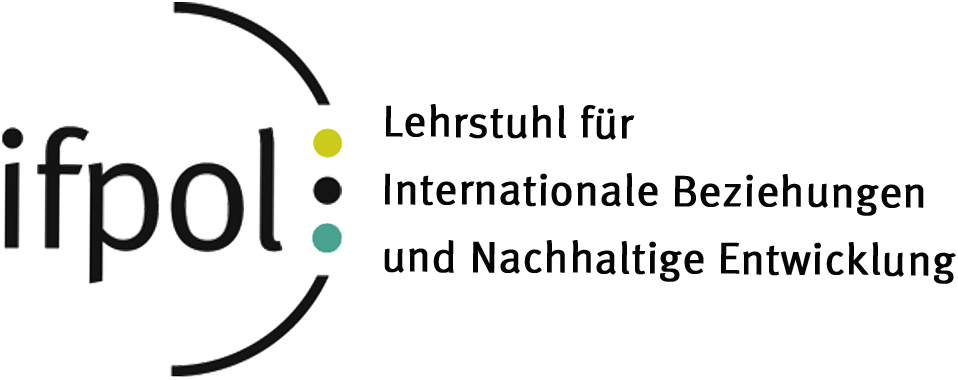Projects:
Local governments: the new laboratories of democracy
U.S. Supreme Court Justice Louis Brandeis once referred to state governments as laboratories of democracies where new solutions to common problems are developed and experimented. Today, local governments across the globe continue to serve this critical policy making function. At the CEPB, I work with Gwen Arnold on a project which has three main foci. First, it explores how the structure of local government networks affects the efficacy of policy entrepreneurs in convincing local officials in California and New York to adopt fracking policies. Second, it evaluates how these social networks affect the innovativeness of local fracking policies. Finally, it analyzes the social mechanisms driving decision-makers’ participation in the diffusion of fracking policies. Our data on municipal policies and policy advocates comes from surveys, interviews, and the content analysis of public records. These research activities are financed through a 525,000 USD grant that we secured from the United States’ National Science Foundation (DRMS#565219).
Policy networks, translating learning into action?
My interest in cities as sites of transformation is not limited to their work on the ground, however. I am also interested in how their engagement in transnational networks determines their ability to improve their performance and exercise influence over others. The complex nature of today’s urban centers – their dense and diverse populations, the inequalities that define them, and their central role in regional economic and political interdependencies – adds to the complexity of governing what are already inherently complicated socio-environmental issues. In recognition of common challenges and policy goals, cities have taken on leadership roles, banding together in trans-municipal policy networks such as the C40 Cities and 100 Resilient cities. Observing a notable redundancy in membership across trans-municipal networks, a tendency among cities to belong to more than one policy network with equivalent functions, Rachel Krause and I began to wonder if this redundancy is useful and if actor engagement should not be viewed on a network by network basis but instead across a patchwork of networks. We examine how a city’s position in overlapping networks impacts their ability to meet their sustainable development goals, reasoning that cities engage in more than one trans-municipal environmental policy network because they are able to reap benefits (in terms of resources, reputation/status, or influence) helpful for goal attainment, one of which is to become a recognized leader in these efforts.
Institutions in action: how institutions shape leadership, engagement, and collective action in collaborative networks
Recently, I launched a partnership with the Philippine Forest Foundation to understand what factors contribute to the (in)efficacy of Filipino community-based forestry. Today, the Philippines forest cover is down to less than a third of the original 27 Mha. Since community-based forest management is the national strategy for forest governance (by Presidential decree in 1995), it is imperative that we learn more about this particular collaborative governance arrangement. This project will examine how the interplay between institutions and social structure shapes collective action; leadership; and stakeholder engagement in ways that influence forest governance outcomes. It begins by examining how system-specific and institutional features of socio-ecological systems give rise to variation in the patterned interactions between network members, or governance modes. It then goes one step further, engaging in an examination of how leadership is affected by social roles and network position. Finally, it will investigate how the institutional design of collaborative processes shapes coordination between actors from diverse backgrounds.


